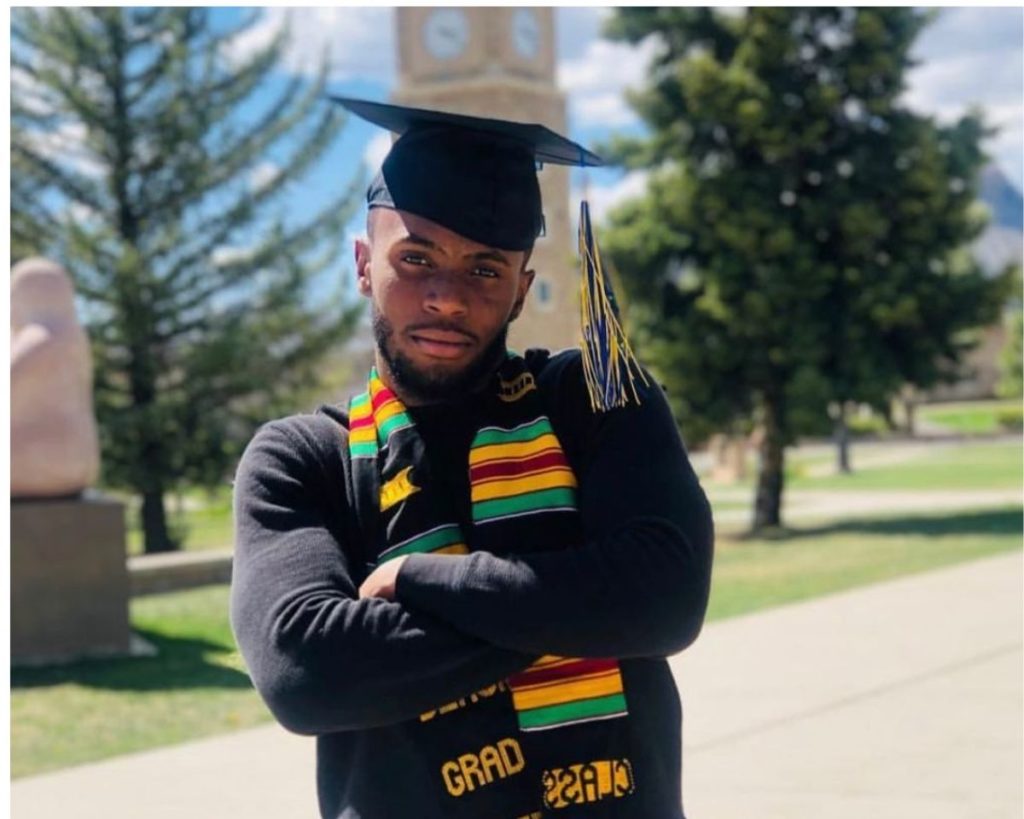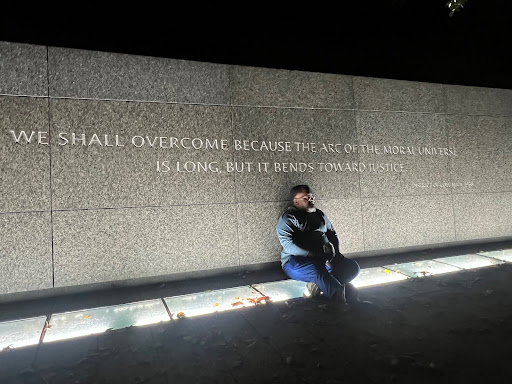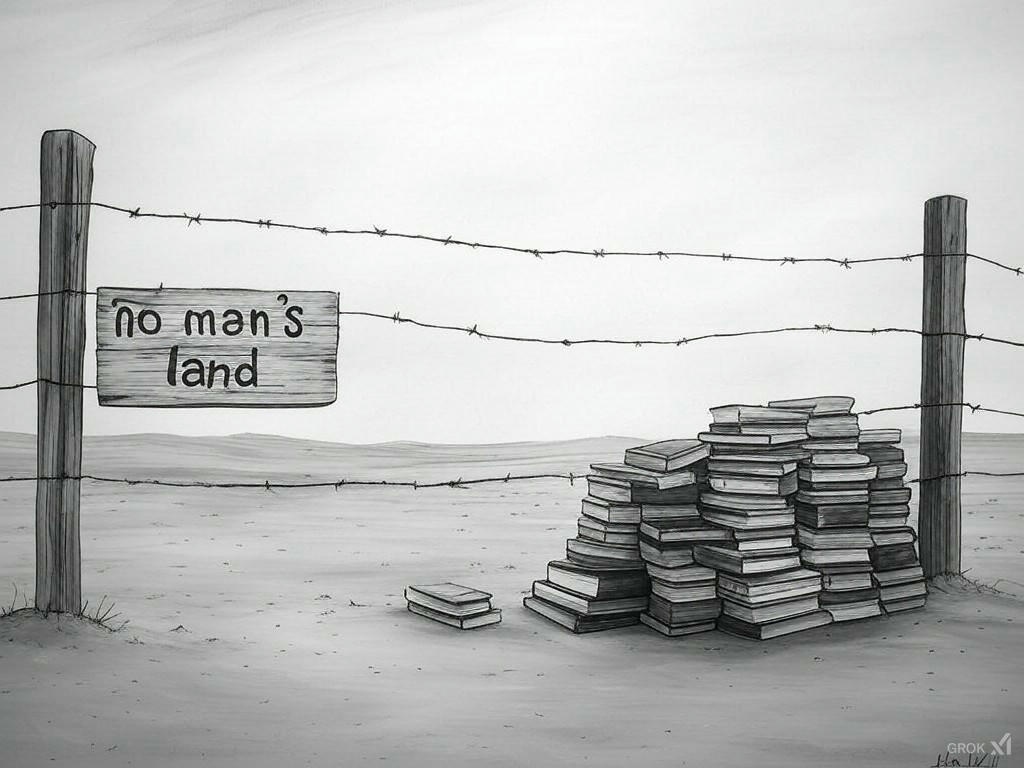Editor’s note: At the beginning February, Black History Month, Boardhawk posed this question on social media and invited responses: What do you wish you learned about Black history during your education? How would it shape who you are today? In response four members of Ednium, a “collective” of Denver Public Schools alums, submitted heartfelt essays. We will publish them over the next couple of weeks. This is the first in the series.
What I wish I was taught about Black history in grade school was the true history of oppression and how it connected to my current reality.
Growing up in a community that has been and still is heavily affected by gang culture taught me two major realities about the condition of my people: We don’t care about our people’s lives, and we are at war.
These are realities that people were really comfortable with accepting and that troubled me. I would wonder why in school there was an answer for wars and major issues that groups have endured. Answers for the causes of World War I, World War II, the Civil War, and every major war in human history. Answers for how certain groups were affected under oppression such as the Protestant Reformation or the French Revolution.
However, there was never an answer for the war I witnessed every day and why my people acted the way they did.
It wasn’t until I attended college that I began to see slavery as more than an event that was recorded, but rather as an event that has caused drastic repercussions on the Black community. I wish I had learned earlier that it was the mission of the slave owners to make us fight against each other, and cause strife to make sure we never unified.
I knew from school that the master was harsh, but no one ever taught what that harsh treatment caused. It caused a group of people to be angry and look at their lives as meaningless. The harsh conditions of the plantation made us look and feel as animals. That trauma has been passed along for generations and the self-confidence that our community needs to thrive and even to survive is scarce.
I wish I had learned this came from the plantation and the efforts to conquer us did not stop there. I wish I had learned that it didn’t end when we were “freed,” but the oppression took a shift.
I wish I learned earlier that during the Reconstruction era the Vagrancy Act of 1866 was used to place us right back into slavery. And how the 13th Amendment has been weaponized against us to keep us imprisoned where slavery is legal. I would have learned that our comfort with slavery and low self-esteem has been continued and that is why so many in my community are comfortable with being in this condition.
These pieces of knowledge would have made me cope with that side of reality.
The war that I was witnessing wasn’t a war that appeared from thin air and I wish I was taught that in grade school. It would have then been beautiful to be introduced to the Civil Rights in a new light and the Black Panther Party. In school these movements are often patronized for their efforts and we see all the glitz and glamor.
However the flip side is that these movements were oppressed by the full weight of the United States government. COINTELPRO and the FBI waged war against these movements that left an angry group of marginalized and overly militant young men and women with no guidance.
Lack of guidance allowed for that militancy to turn malicious against our own people. This produced the street gang phenomenon that we see destroying our inner cities today. This war I had been witnessing had a history tied to the greater war against my people.
If I and my buddies who were a part of the war had been taught that, we may have seen that the enemy has never been us. That the whole scheme we were involved in was a tactic to conquer and divide. This would have surely saved many teen lives in my community.
Many would argue that they wish that they were taught that Black people were kings and queens. That may be a better start but I am more concerned about getting back to that reality than reviewing when it was reality.
That takes a deep study of our oppression and if we begin to teach about this oppression, we will create a generation of leaders who will know the tactics of its enemy and how to defeat it.




